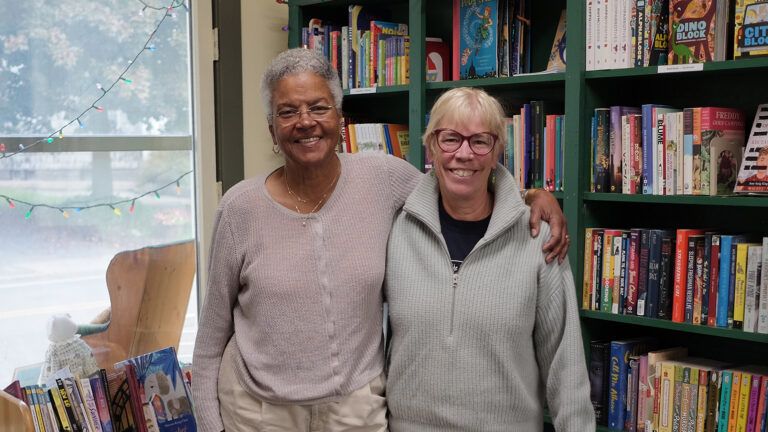Tonight, I’m flying to Tel Aviv, Israel with my wife and her family. One of her Israeli cousins is getting married, so we decided to make a vacation out of it. It won’t be our first time in the Holy Land, but neither of us has been back in four years. The situation there is quite different now.
I can’t tell you how many people have heard I’m going to Israel and ask, “Are you crazy?” You watch the news, and you hear about the missiles flying from Gaza, the tensions that have driven protests and outbursts of violence. My mother-in-law flew there a week before us and has already spent time in a bomb shelter. Air raid sirens woke her in the middle of the night.
It seems so hopeless, doesn’t it? A ceasefire is reached, and days later, sometimes hours, the ceasefire is broken. Why would we fly into that? Why not just send a nice wedding gift and plan a trip sometime later, when the crisis is over?
Those are all reasonable worries to have. But then I remember my last journey to Israel, in March 2010.
I went with a group of Evangelical journalists, an altogether different experience from the post-Bar-Mitzvah vacation I took with my parents, or the 10-day Birthright Israel trip I went on with my Jewish peers.
It was my first time to the Church of the Holy Sepulcher in Jerusalem, where many Christian denominations come together to worship on the spot they believe Jesus was crucified.
The Greek and Latin incantations of the priests were still echoing in my ears as we left the church and entered a small square–just as the Muslim call to prayer began to sound from the city’s minarets. A short walk away, Jews prayed at the Western Wall, the holiest spot in Judaism.
The air seemed to vibrate with the different words and tones of worship. At that moment at least, there was no conflict, no discord–the voices rose in a distinct harmony, a kind of song one can only hear inside the walls of the Old City.
It was a song I hadn’t heard on my previous visits, and it gave me a whole new view of Jerusalem–as a place where many different believers come together despite the conflicts that exist, and unite with one voice.
There must be a reason beyond merely tradition or history that has drawn the faithful to Israel from every corner of the world. I don’t believe they’ve come for a fight. They’ve come here to be enlightened. The song in Jerusalem is evidence of that.
When I recall the notes of that song, the situation today doesn’t feel so hopeless. To stay home, to stay away would mean letting the sounds of violence and terror drown everything else out. And I won’t let it. Not so long as a song like that exists.
As I narrated at the end of my video journal, “Every time I come here I see something new, exciting, and inspiring. I can’t wait to see what the Holy Land will give to me next time.” I meant what I said.
Tomorrow, I’ll wake up and begin to see the country through the eyes of my wife’s family, who call this “land of milk and honey” home. Chances are I’ll hear the air raid sirens… but I’ll be listening for a far more hopeful sound.






